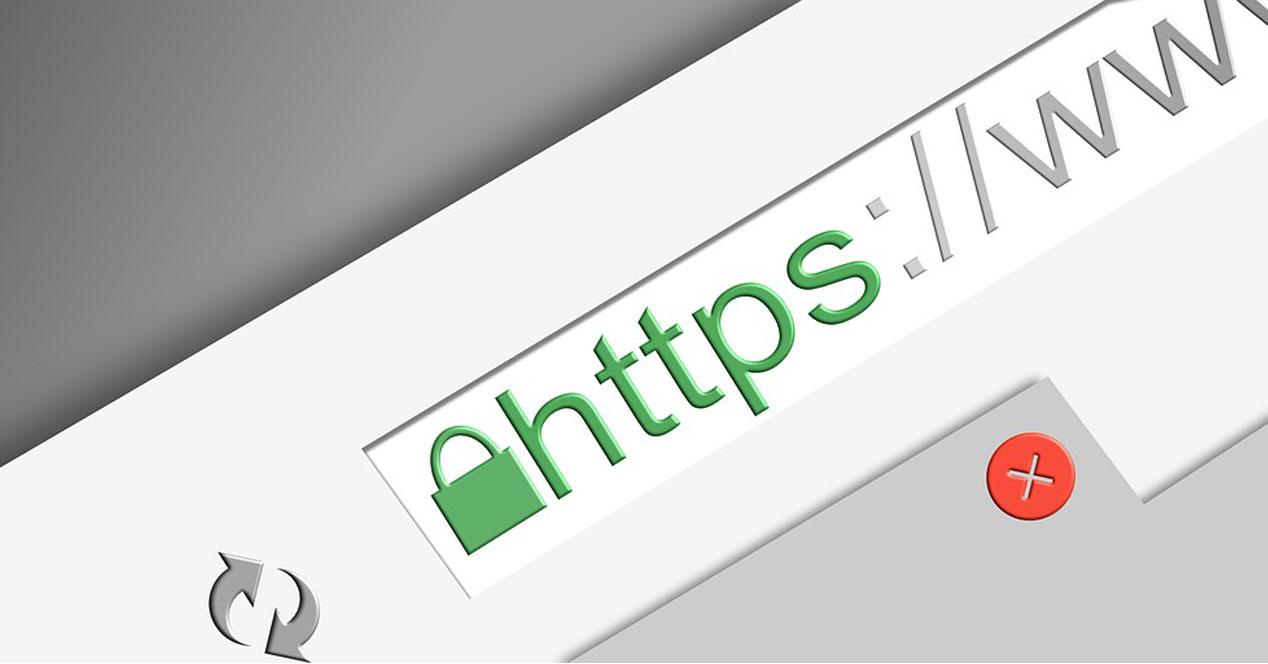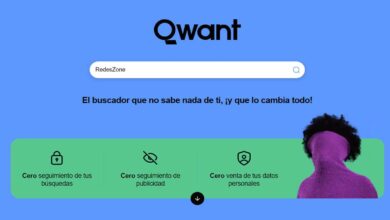
Whenever you browse the Internet, enter a web page or use any application, you may have risks that expose your security. Sometimes, we can have the false feeling that nothing is going to happen, that we are protected by a specific application, an antivirus, etc. The problem is that overconfidence can be a real security problem when browsing. Therefore, in this article we are going to talk about some mistakes that you can make.
Be aware that cybercriminals can use very varied methods to scam you and get to steal passwords or personal data. However, in most cases they will need us to make some mistake. Hence the importance of not trusting yourself and knowing at all times what the risks are.
Internet security myths
The problem is the myths, the false beliefs that we may have regarding to be protected or not on the Internet. Sometimes, having a false sense of security can make us trust and make certain mistakes that are the ones that actually cause a password to be stolen or a virus to slip through.
A VPN is enough
One of the common mistakes is to think that when browsing with a VPN we cannot suffer attacks. In other words, we connect to a public Wi-Fi network, we open the VPN to browse more securely, but we leave aside the possibility that they will attack us anyway. It is true that it encrypts the connection and helps improve privacy, but it does not mean that we are browsing completely safe.
What can happen? For example, you could enter a fake website where your passwords are stolen, which could be a Phishing attack. Also download any malicious files, make a payment on a fake platform, etc. A VPN is not going to protect you in these cases. However, VPN apps like Surfshark or NordVPN come in handy.
Incognito mode protects privacy
It is also common to believe that browsing incognito mode It will fully protect privacy. It is true that it does not store browsing history, but that does not mean that we do not have problems that could put our personal data at risk when browsing the web.
You could be the victim of an Internet scam in which they ask you for personal information. It does not matter if you are browsing in private mode, since that information can still end up in the wrong hands. Also, you could log in to fake platforms, post a comment on an open forum, etc.
An HTTPS website is secure
When we look at a URL, something very visible is whether or not it is HTTPS. It means that it has encryption and, in theory, your data should be protected. Now, that does not mean that this page is really safe. In fact, most of the websites used for Phishing attacks and other threats are HTTPS.
Therefore, it is not a measure that you should take into account. Do not trust even if you are on a website that is HTTPS, as it could be just as dangerous as HTTP. You should look at other details, such as the general appearance of the site, the exact URL, as well as look for information on the Internet in case of doubt.
A friend or family member does not send fake links
Would you believe that the fake links It is only sent by fake accounts, such as bots and profiles they create simply to attack. The truth is that it is not so. In fact, in many cases you may receive a fraudulent link from a family member or friend that you trust. That is precisely what cybercriminals are looking for.
It does not mean that that person is sending you that link consciously, but rather that it is possible that they have previously suffered a computer attack. From there, it will send false links to its contacts without knowing that this is happening. Be careful with any link you receive through social networks or WhatsApp.
As you can see, it is important that you take into account certain risks that could expose your personal data and security on the Internet. Do not trust that you are browsing fully protected, since there can always be a chance that your data will be stolen without you realizing it. You can always see what information you expose on the Internet.



